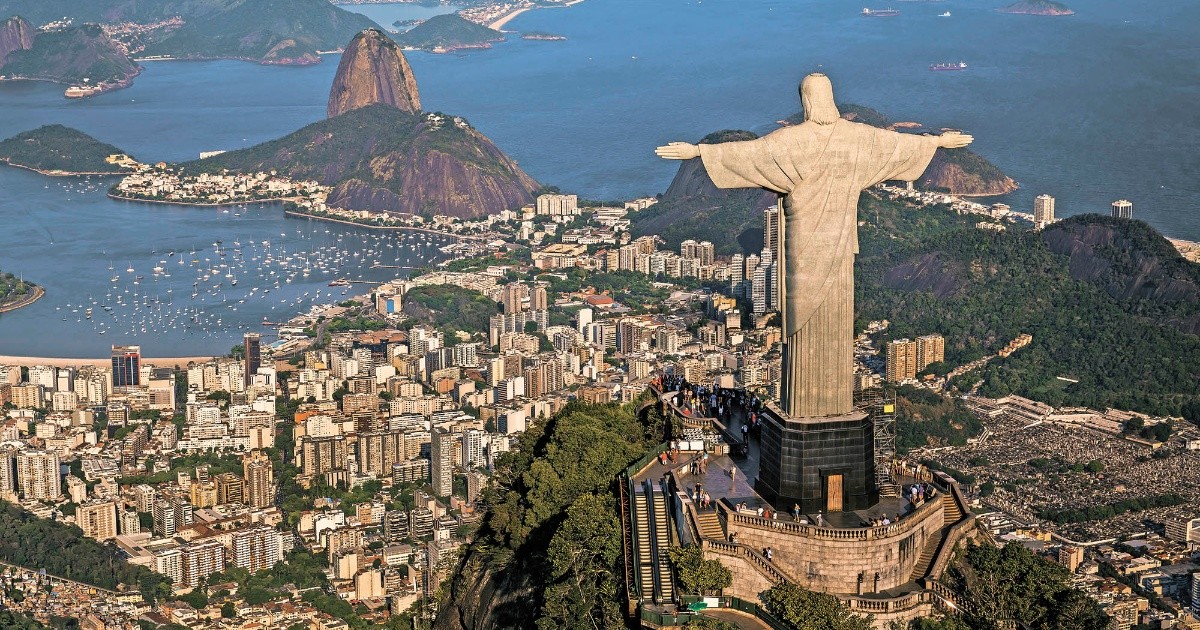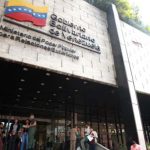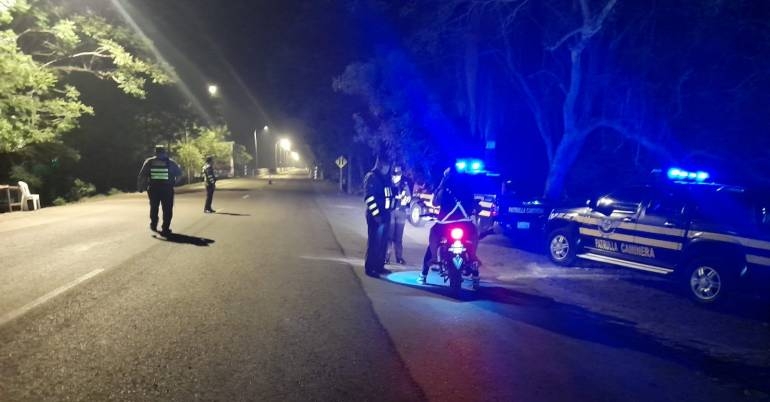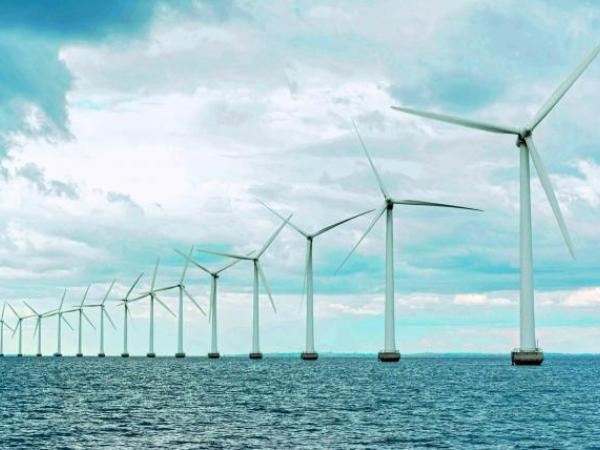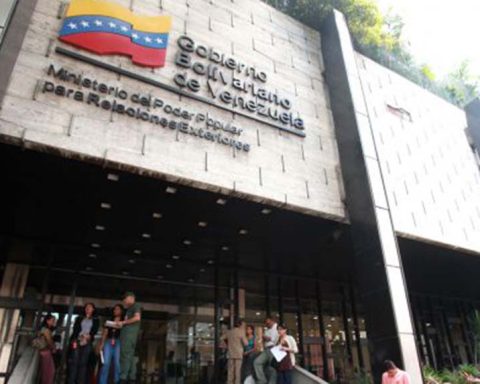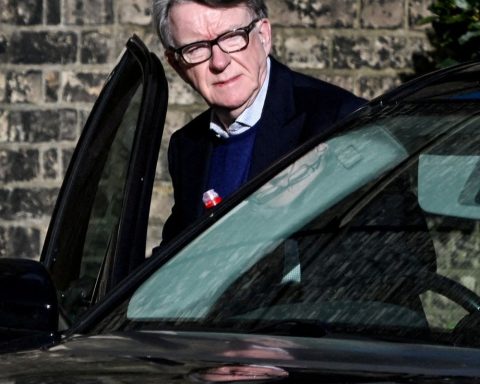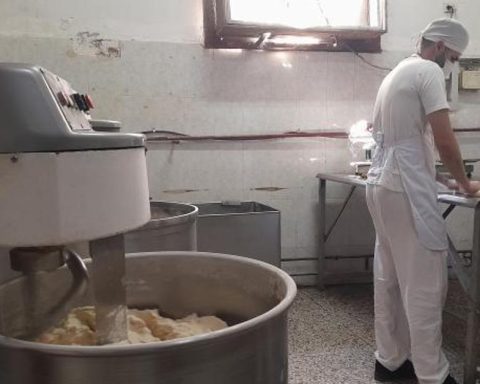The Central Bank of Brazilin his posture to control the increase in inflation in said country, it has made drastic increases in its reference interest rate, affecting the stock market and permeating the volatility of the exchange rate between the Brazilian real and the dollar.
For December 2019, the level of inflation in Brazil stood at 4.19 percent. During the Covid-19 pandemic, the prices of the basic basket stood at 1.88% in April 2020, its lowest level on record, but in October 2021 inflation reached 10.74%, its historical maximum and for December 2021 stood at 10.38% per year.
In the case of the interest rate, in December 2019 it stood at 4.5% and the start of the coronavirus pandemic led to Central Bank of Brazil to lower its rate little by little from February 2020 and reach a minimum of 2.0% from August 2020 and keep it that way until March 2021.
Now, after many hikes, the benchmark interest rate is 10.75%, its highest level since May 2017 and still far from its peak of 14.25% recorded from July 2015 to October 2016.
The effect of rising rates, at a theoretical level, implies a greater preference for investments in fixed income than in variable income, discouraging investment in the stock market and attracting both local and foreign capital towards fixed rate assets such as government securities. .
In this context, the main stock market index in Brazil, the Bovespastood at 113,572 points this Friday, moving 13.16% away from its historical maximum of 130,776 points reached on June 7, 2021, reflecting the effects of an increase in interest rate hikes that the central bank has made in the last 12 months.
The index Bovespa it has reflected resilience in the face of an expectation of a rate hike by the United States Federal Reserve, a factor that has generated great volatility in the global stock markets, and this 2022, the Brazilian index has a gain of 8.35%.
The Brazilian realfor its part, shows the stability of capital flows entering the country, with an appreciation of 5.70% this 2022 against the dollar, placing the exchange parity at 5.2527 reais per dollar.
In addition, the real-dollar exchange rate accumulates a gain for the Brazilian currency of 10.75% compared to its maximum of 5.8856 units per greenback registered on May 12, 2020 during the pandemic.
Regarding the end of 2020, already with a vaccine against Covid-19 and its variants, the index Bovespa has a drop of 4.57% and the Brazilian real has depreciated 1.14% against the dollar, with a lot of turbulence due to external factors.
Amin Vera, deputy director of Economic Analysis at Black Wallstreet Capital, explained that in Brazil, “social, economic and financial problems are dealt with more formally, and the Central Bank has greater autonomy over its decisions, and in a context of rising raw materials such as soybeans, due to their dependence on agribusiness, so the central authority makes decisions more firmly.”
He added that “the rate hike movement has given greater stability to the Brazilian realotherwise, it could depreciate drastically, in addition to strengthening fixed income and to a certain extent, it helps foreign investment return to Brazil”.
Janneth Quiroz, deputy director of Economic Analysis at Monex, pointed out that “Brazil has had a fairly aggressive monetary policy management, despite the fact that it is an emerging country, it is one of those that lowered its interest rate the most and now it is located with rates one of the highest among the countries.
He said that “central bank officials have talked about taking the rate to a restrictive zone, we are talking about the fact that in Brazil, inflation reached double digits, generating a drastic change in monetary tightening,” said Quiroz.
Outlook 2022
Amin Vera pointed out that “to the extent that the Central Bank continues to rise, it is a way of signaling that in the face of a Fed rate hike, Brazil it will too, and with even greater force than it has done previously. In that sense, the Brazilian real will continue to appreciate.”
Janneth Quiroz specified that “in the face of the Federal Reserve rate hike, emerging countries tend to have greater volatility, and there is normally an outflow of capital from emerging countries, where the United States rate is more attractive and risk-free, for so we expect higher increases in the Brazilian rate, although with less room for movement”.
On the other hand, next October 2, Brazil will hold presidential and National Congress elections, where Jair Bolsonaro will seek re-election, generating political tensions in the country.
“The political instability caused the reforms that were sought to be implemented to fall, and they returned to being a closed market, they tried to liberalize the economy and failed,” said the Black Wallstreet Capital specialist.
“In 2006, there was a drop in demand for soybeans from China, there was also a strengthening of the dollar, but everything added to a series of political crises, which impacted the process of privatization and economic boom in the country. In Brazil there is a greater political risk, the difference in political ideology is very marked”, recalled Vera.
The Monex expert concluded that “undoubtedly, in emerging countries, political events have a significant impact on investors’ appetite for financial assets in that country, generating a lot of volatility. And it is important that the less room for rate movements will play an important role in the face of the volatility generated by the electoral process.”
kg
